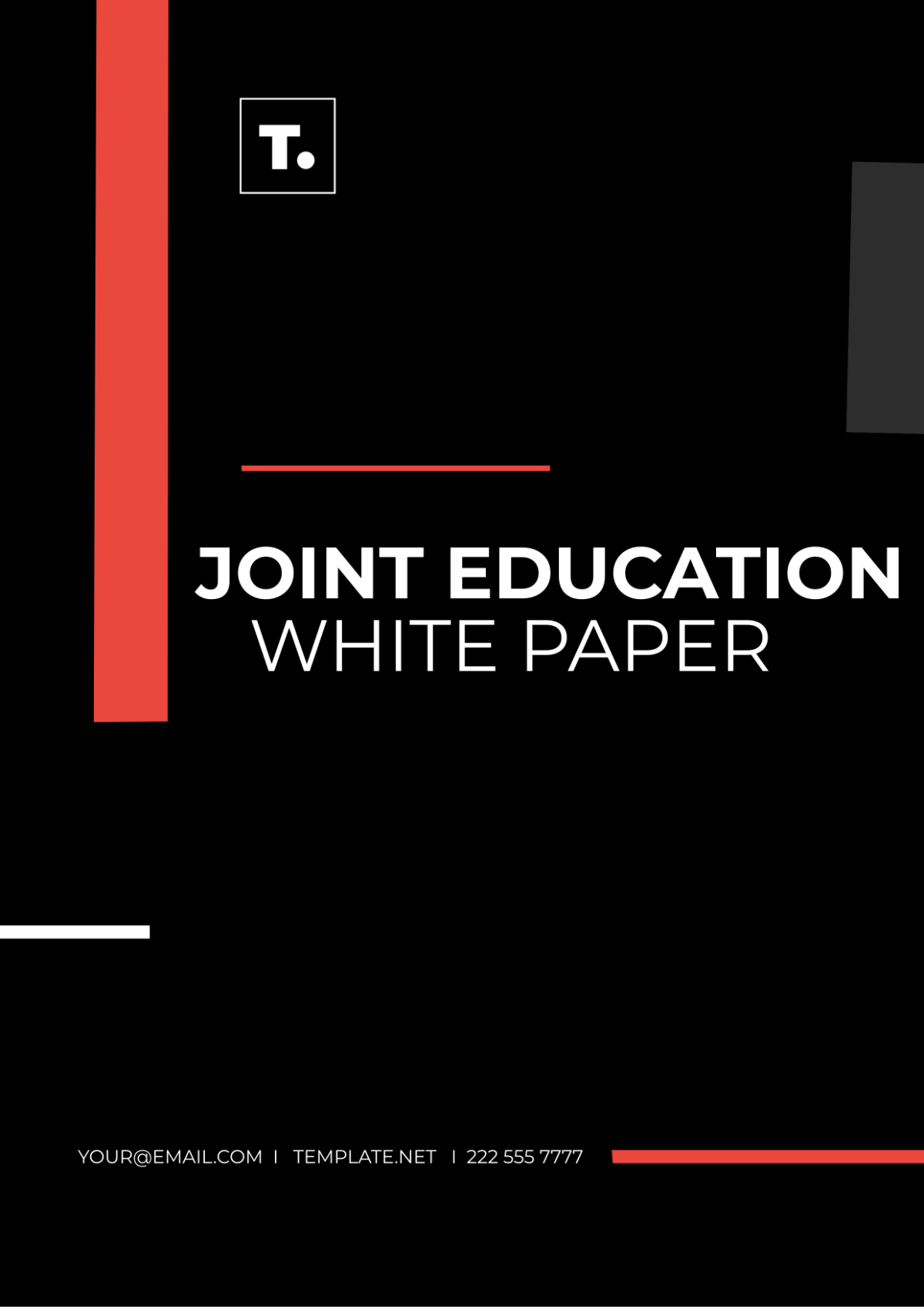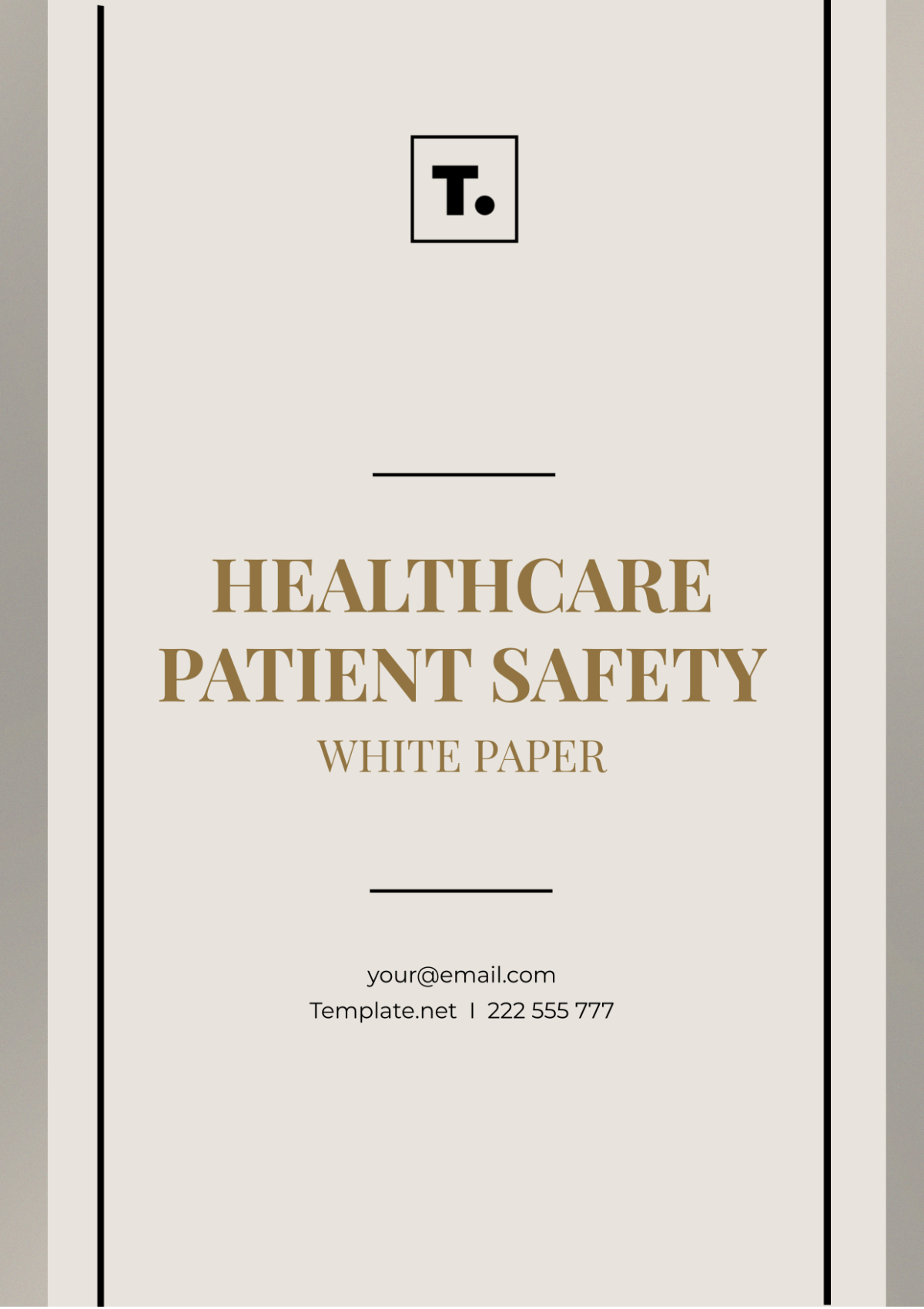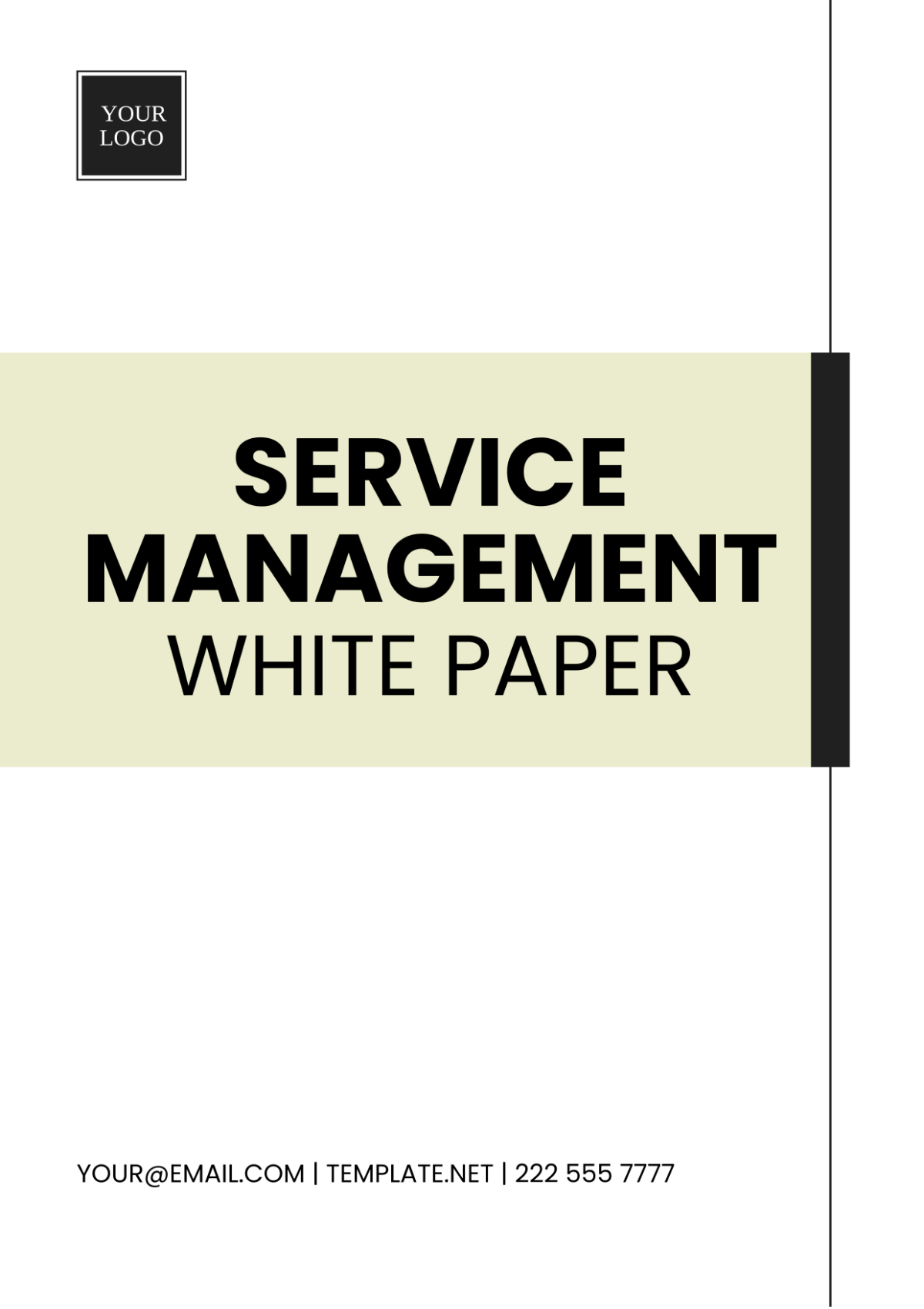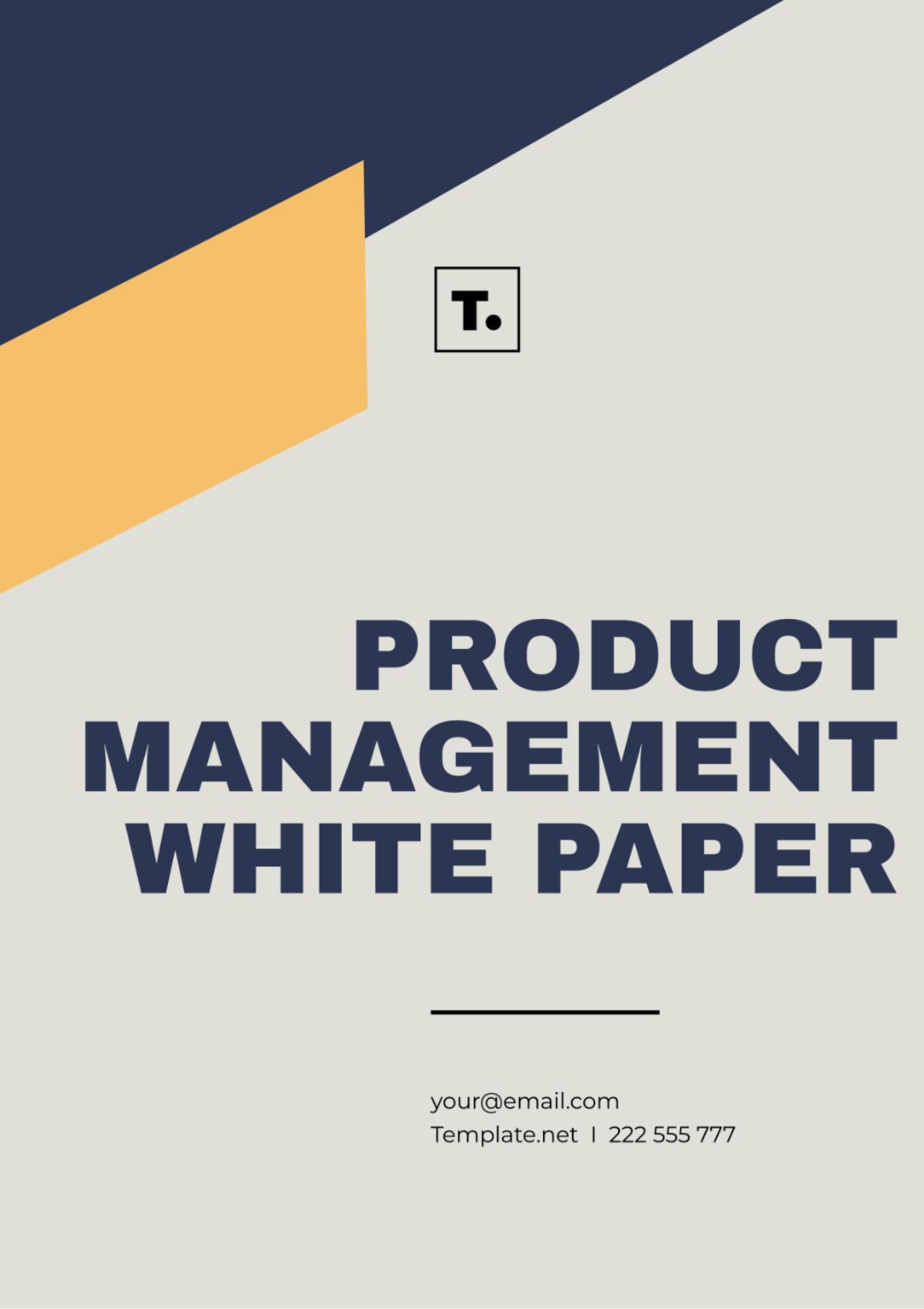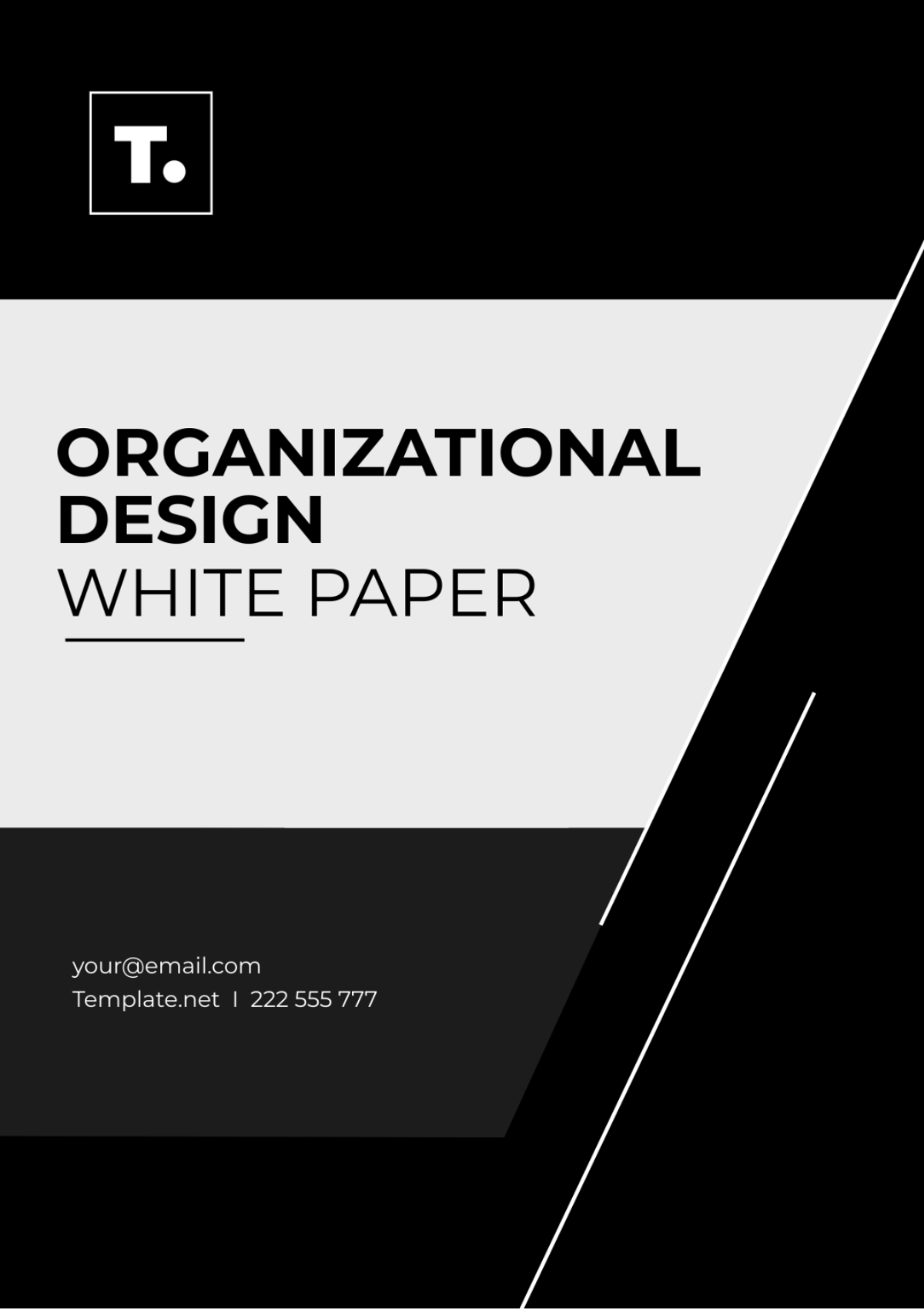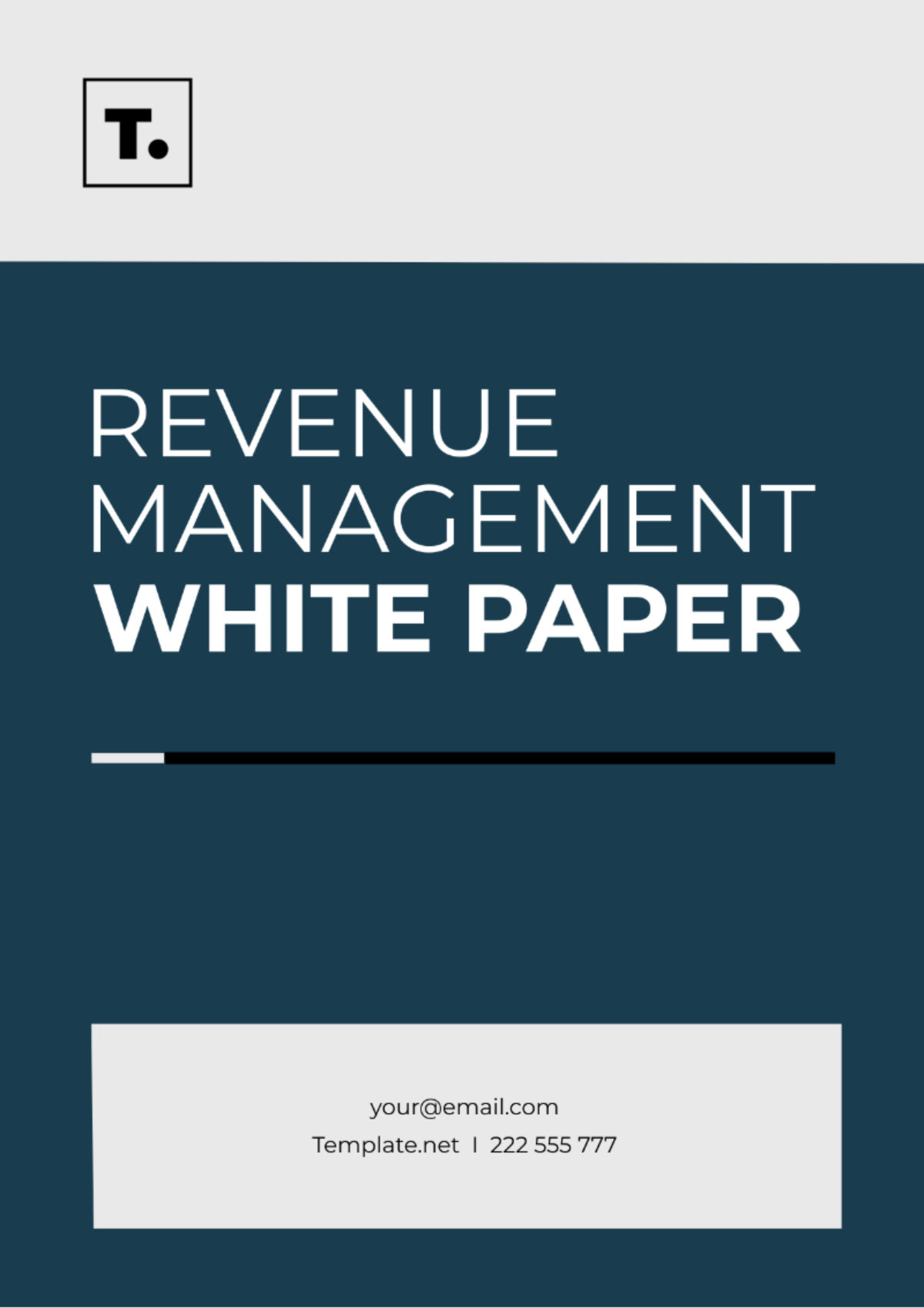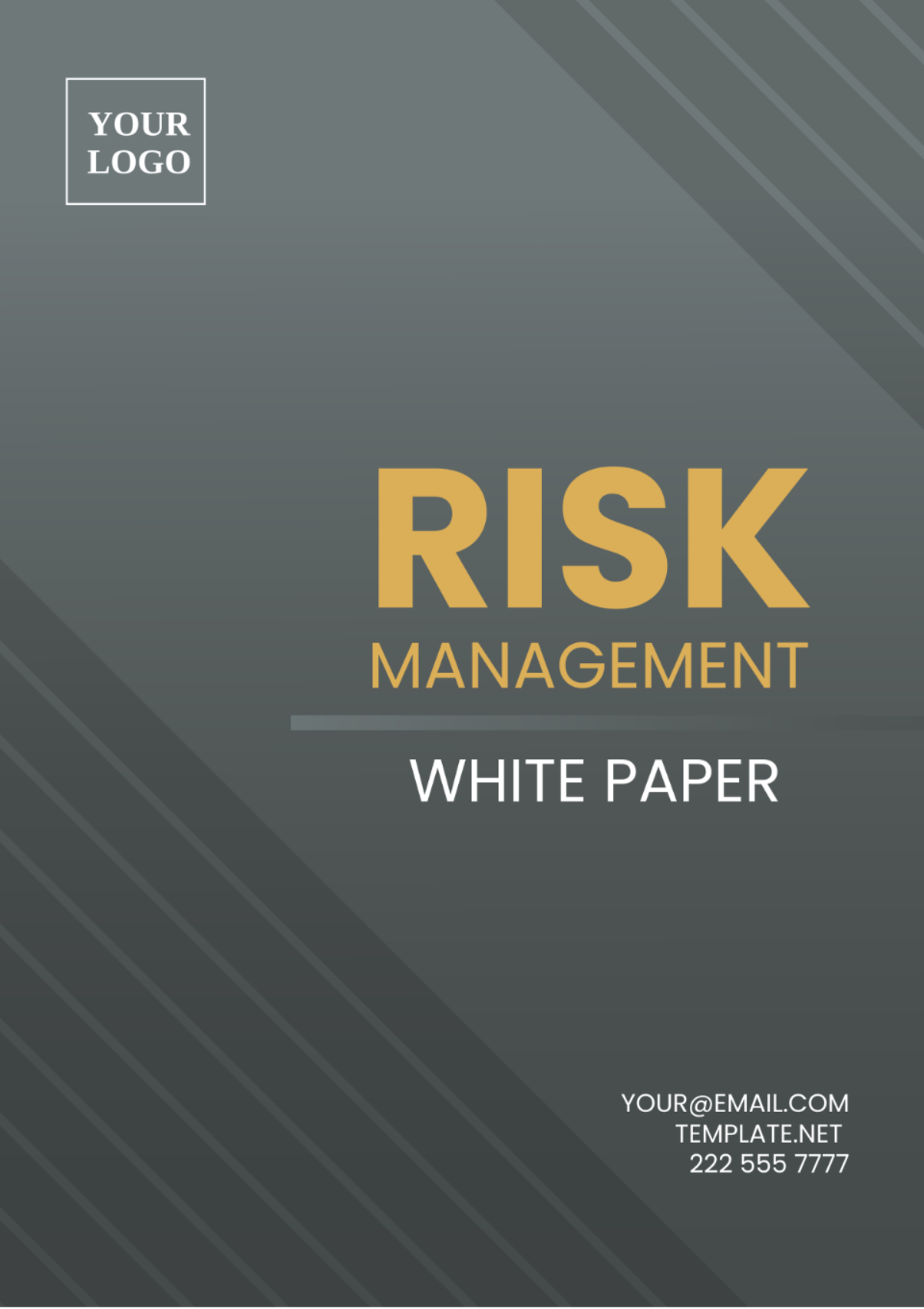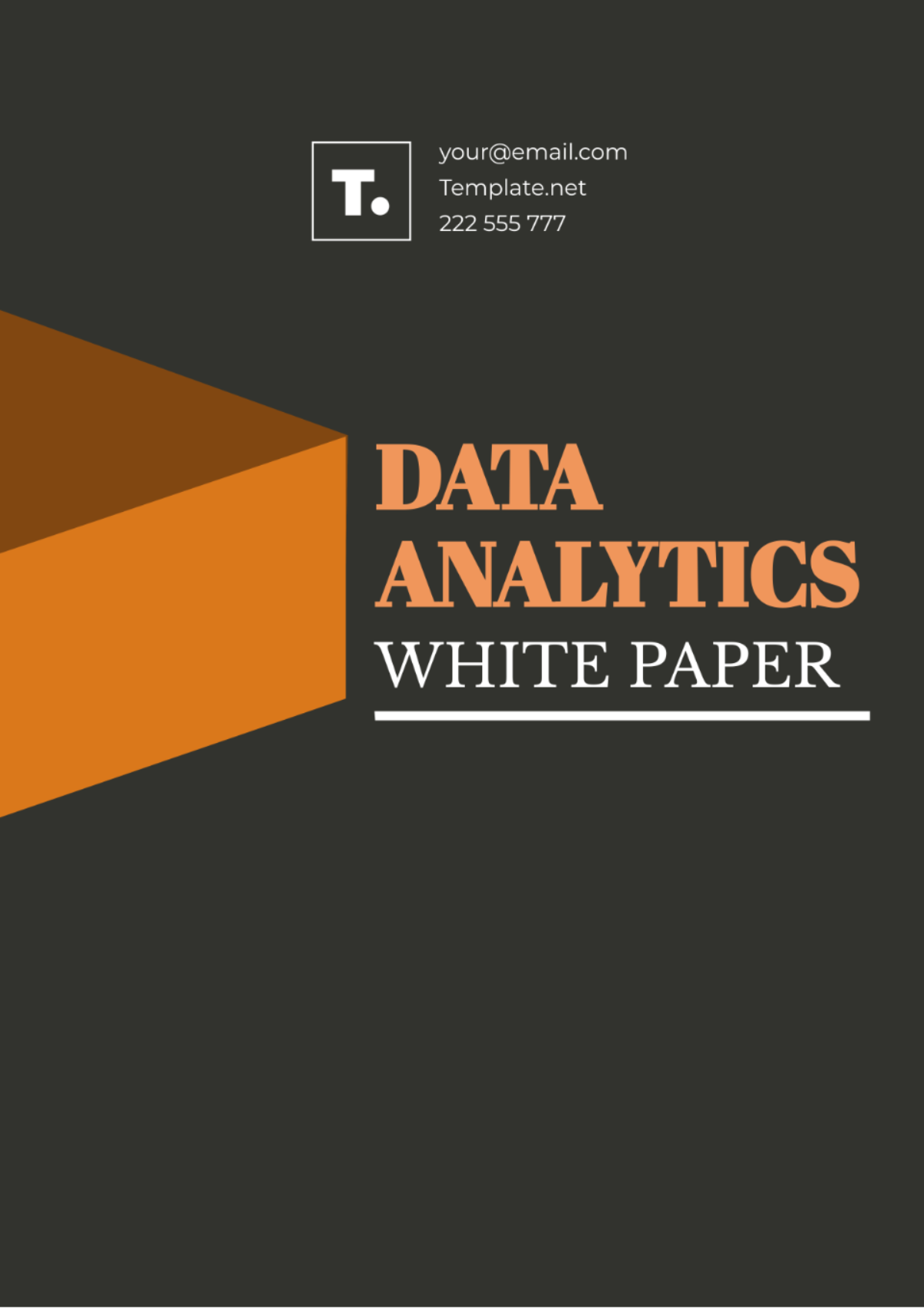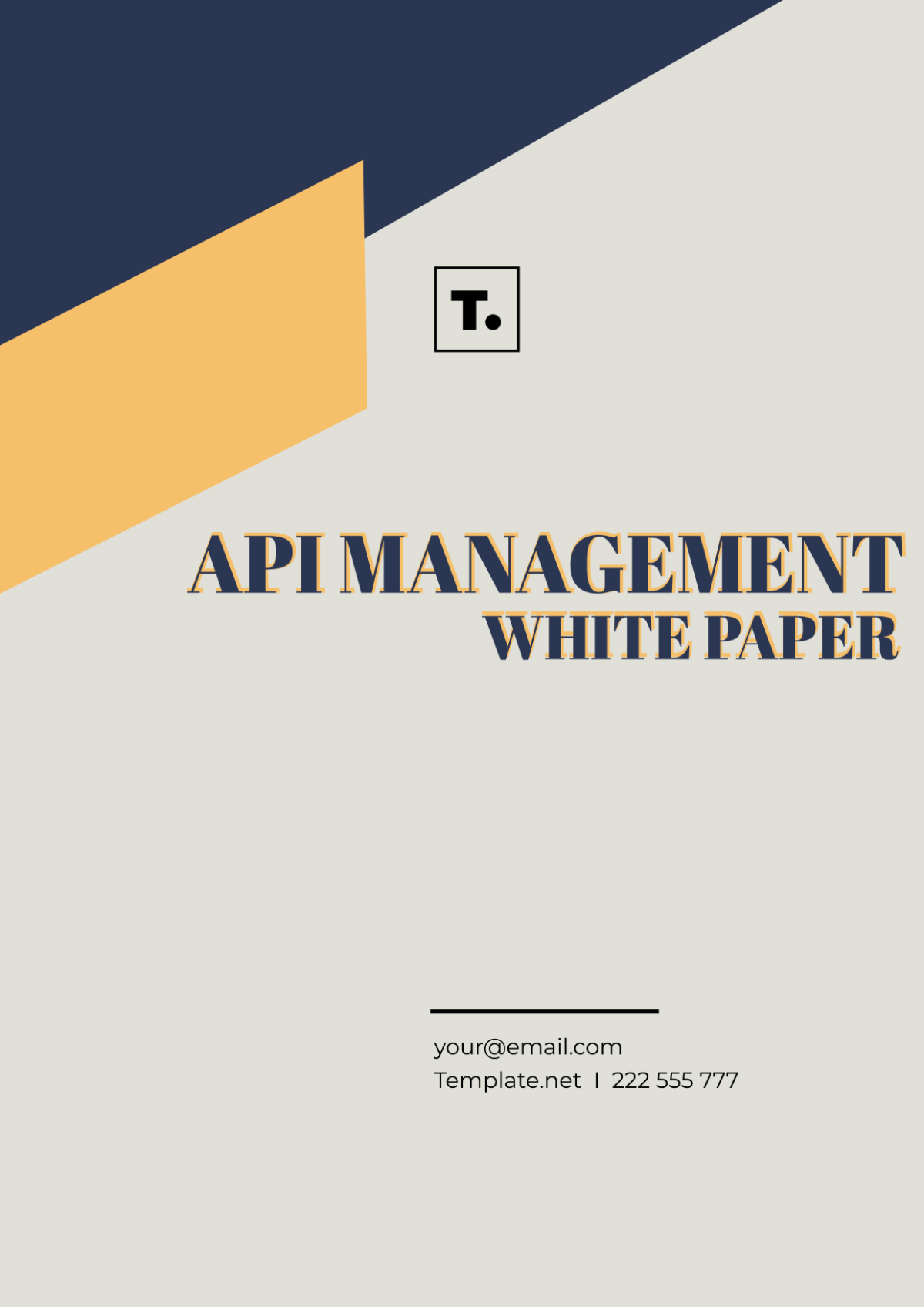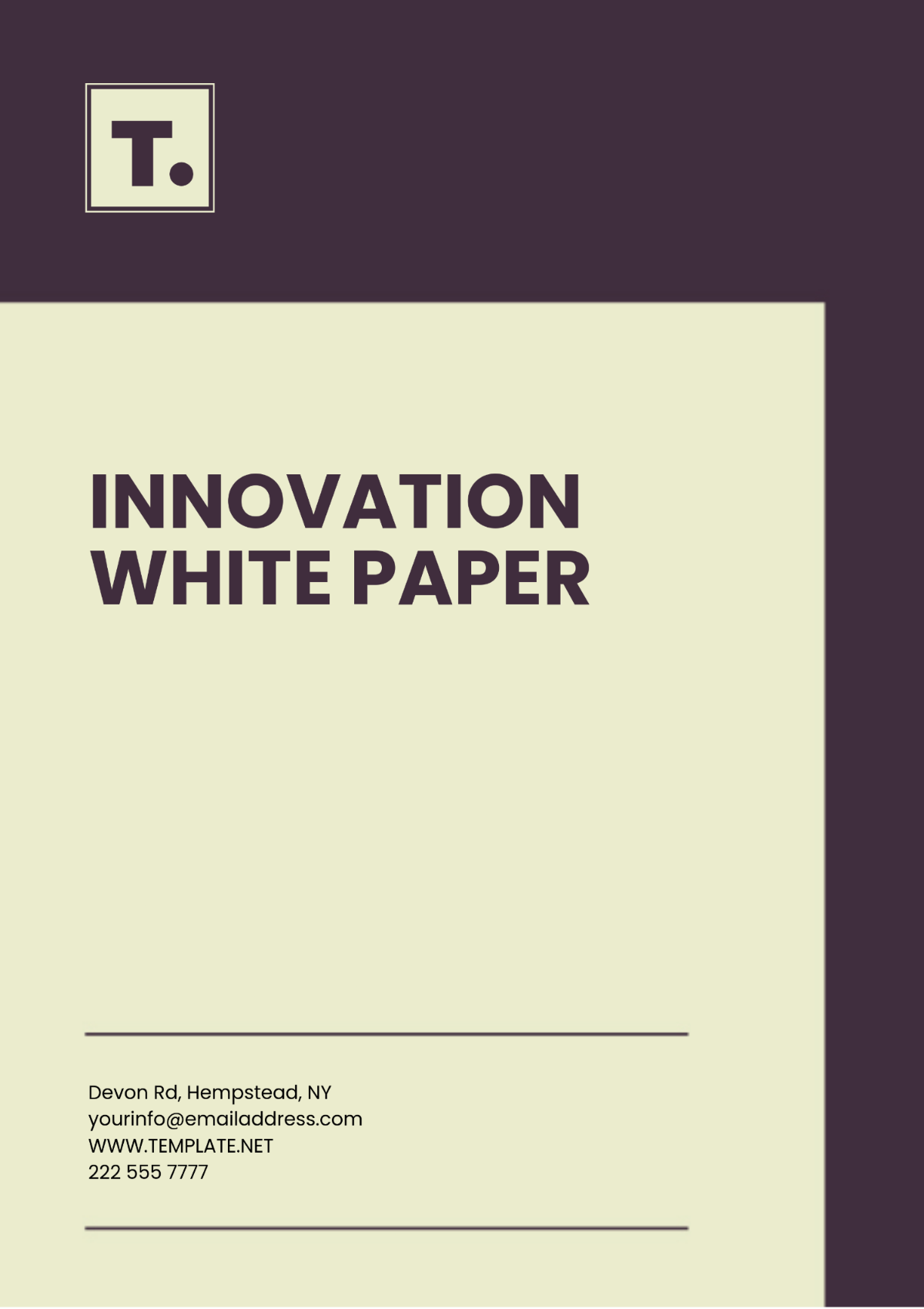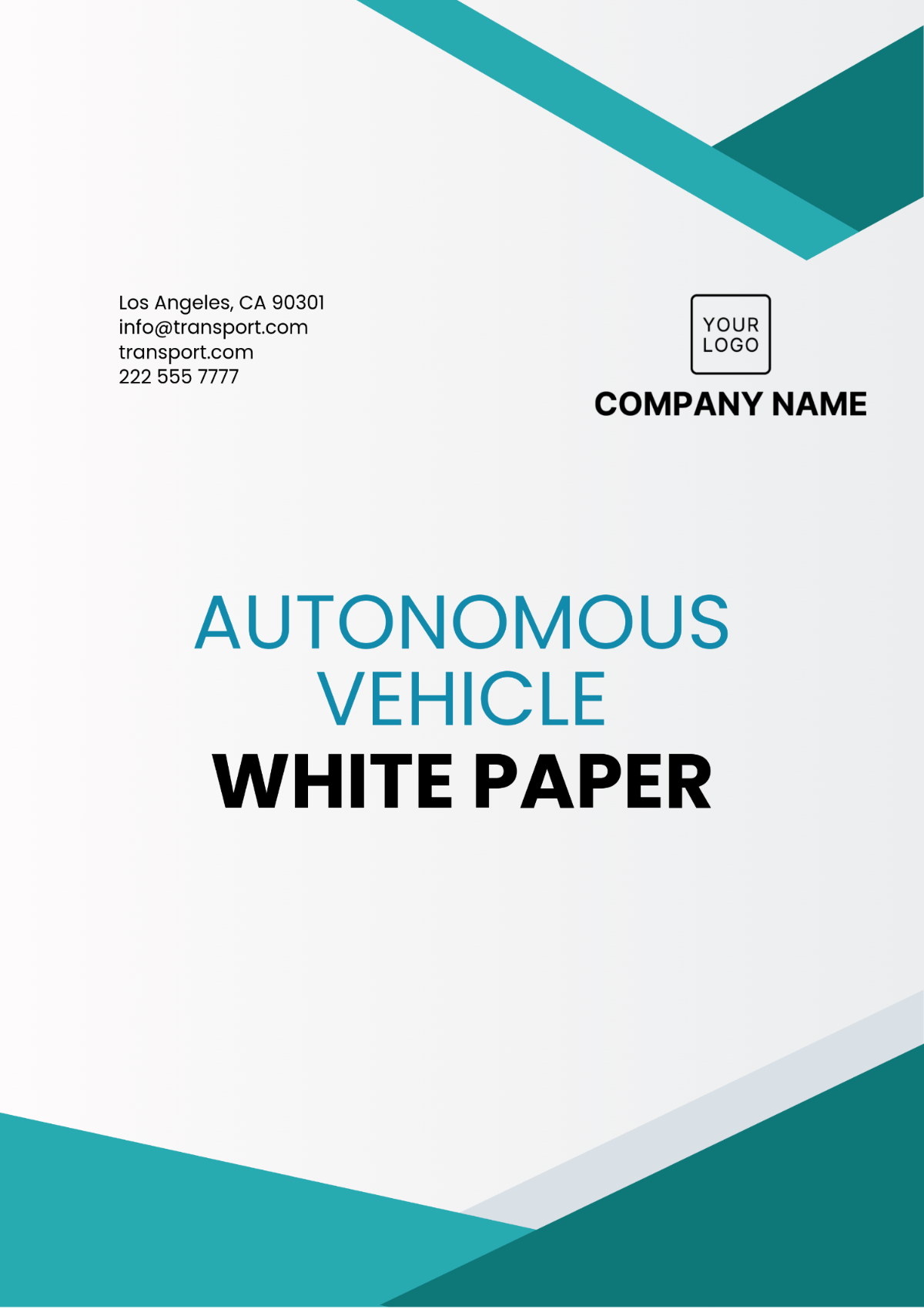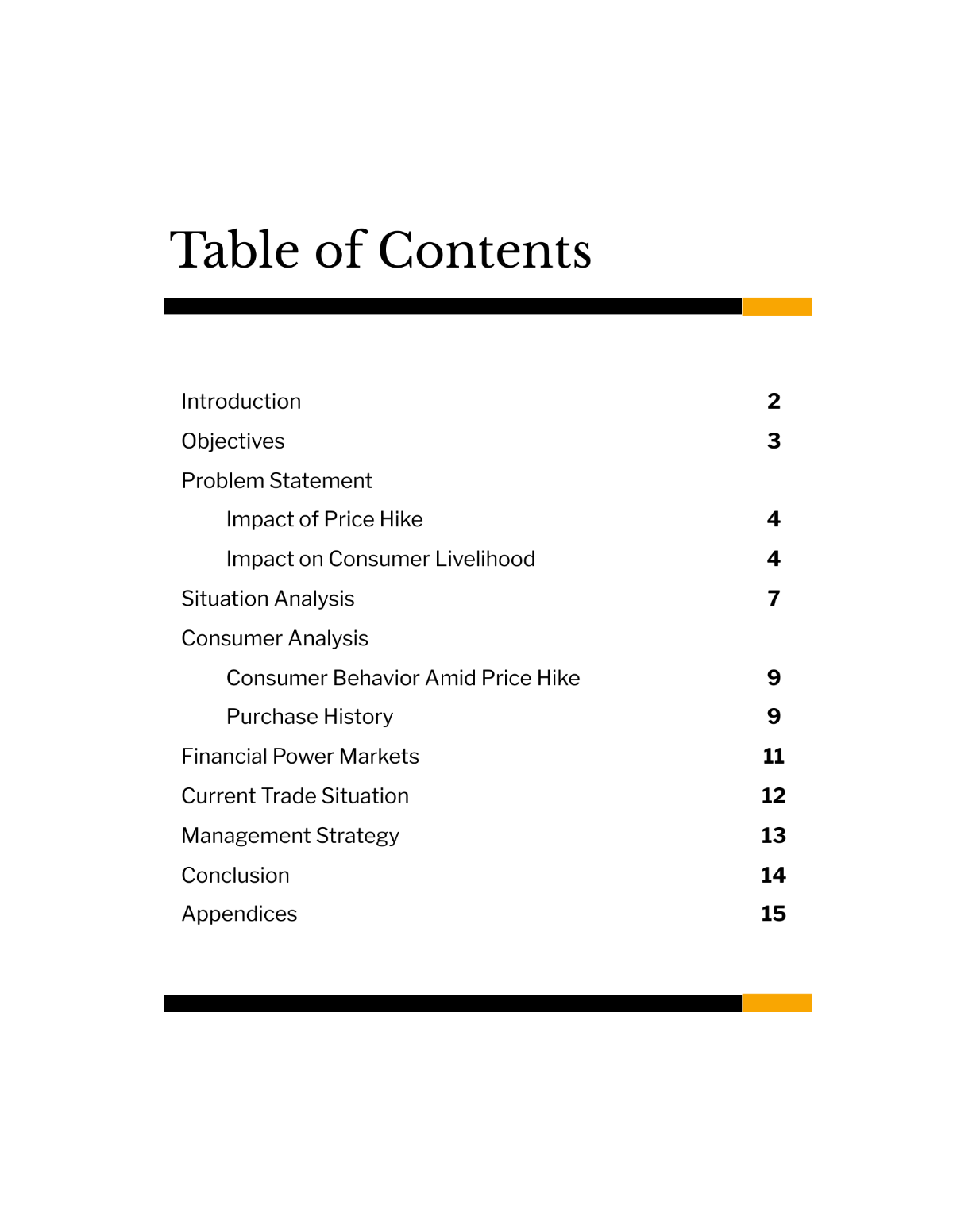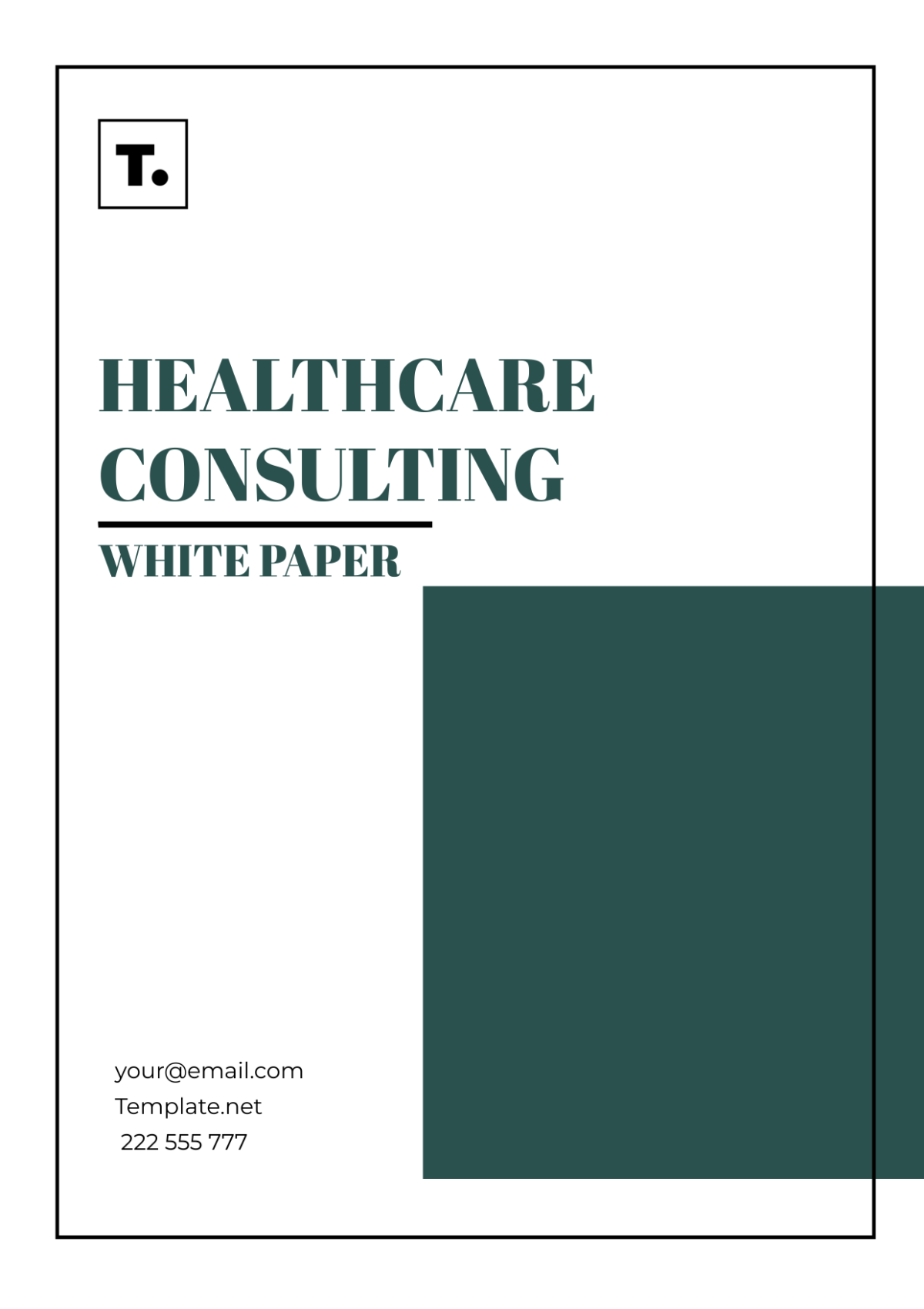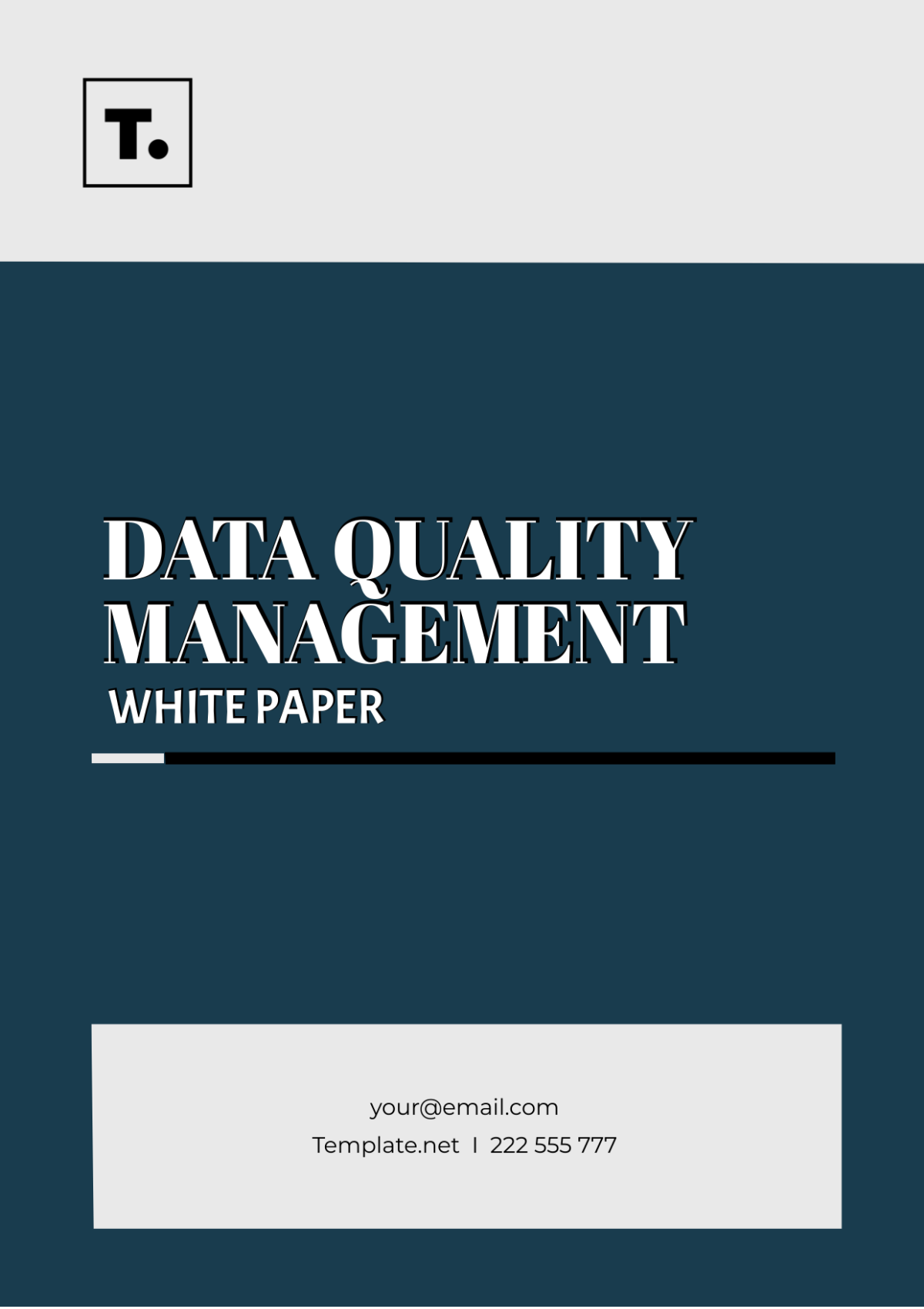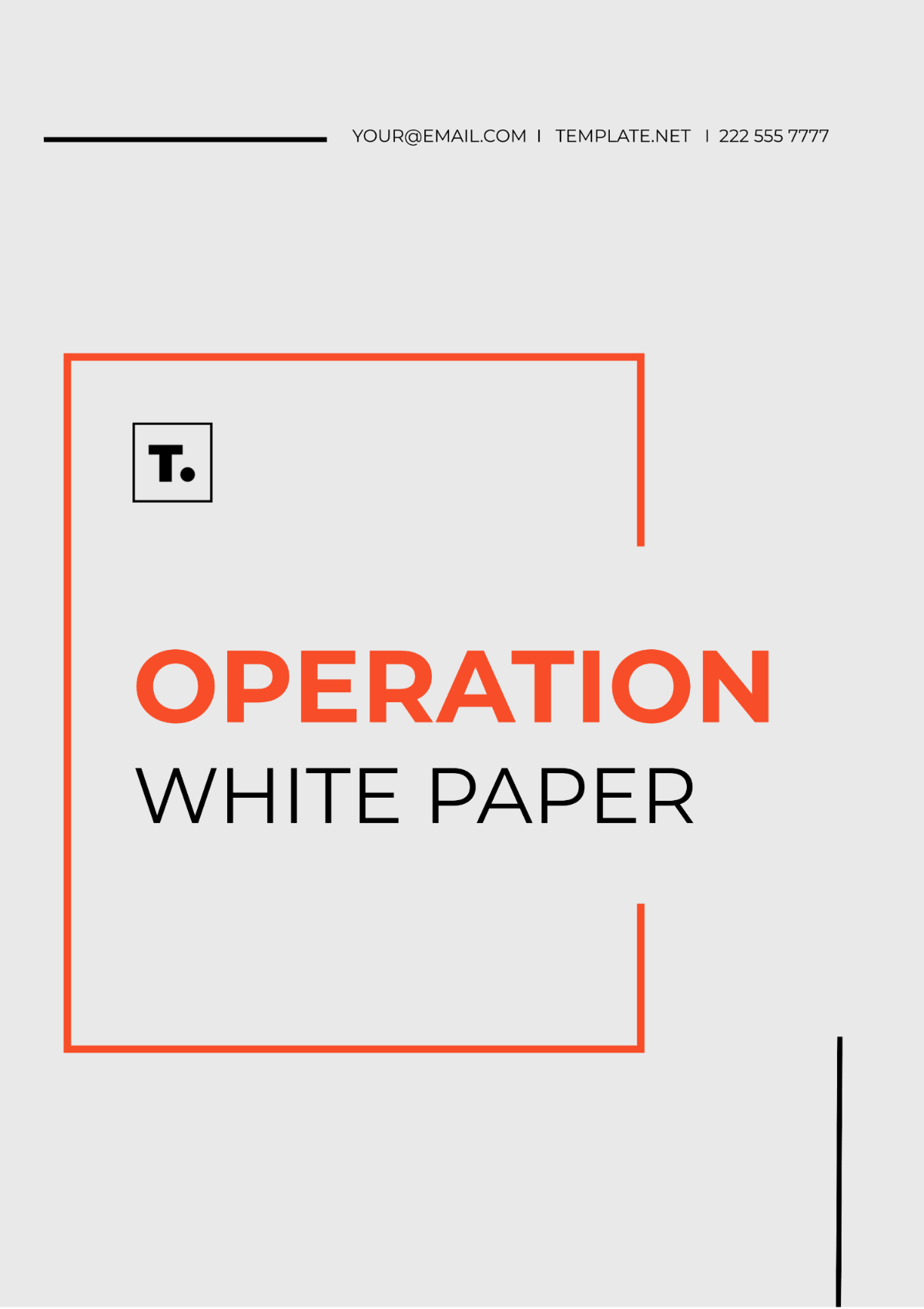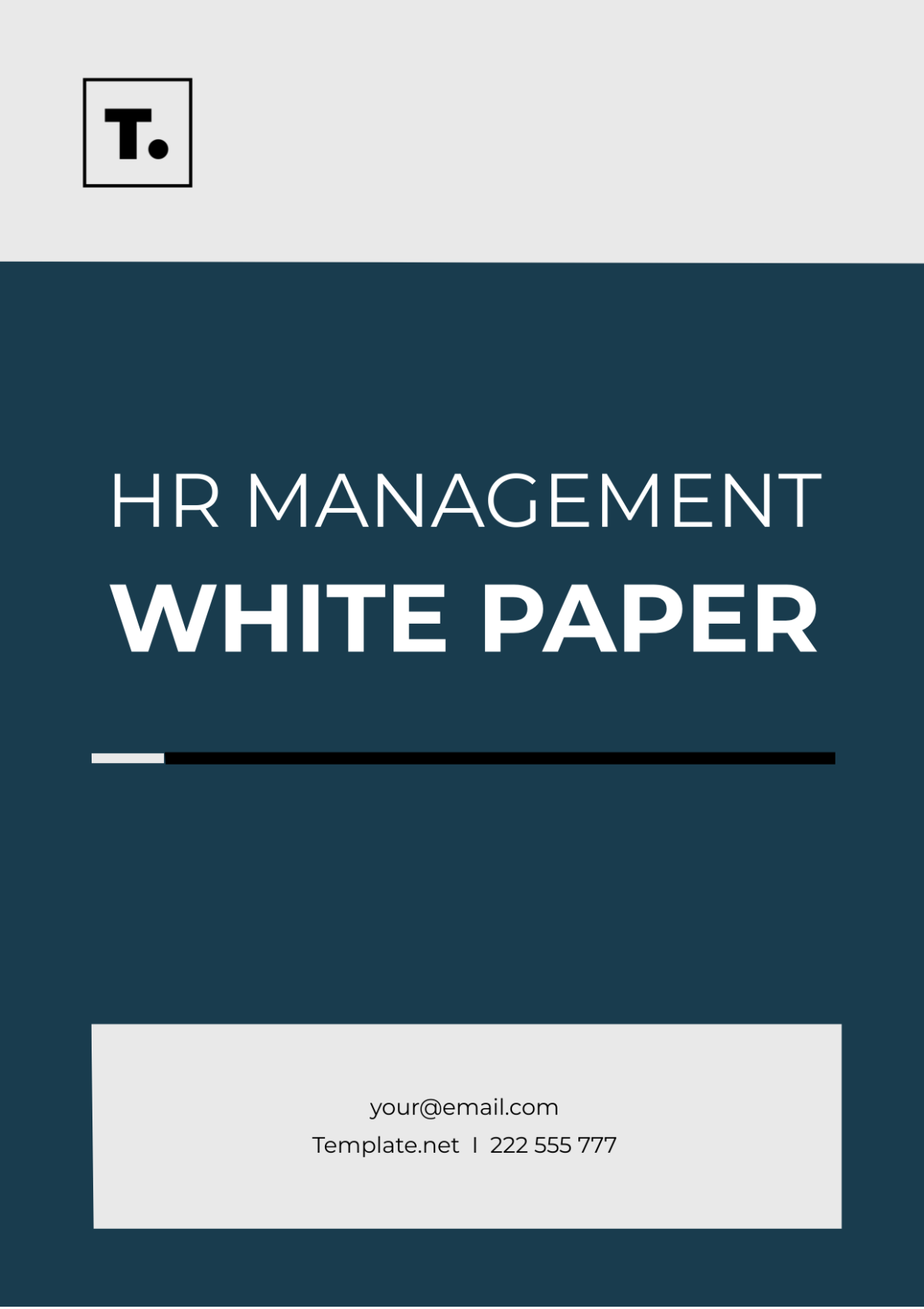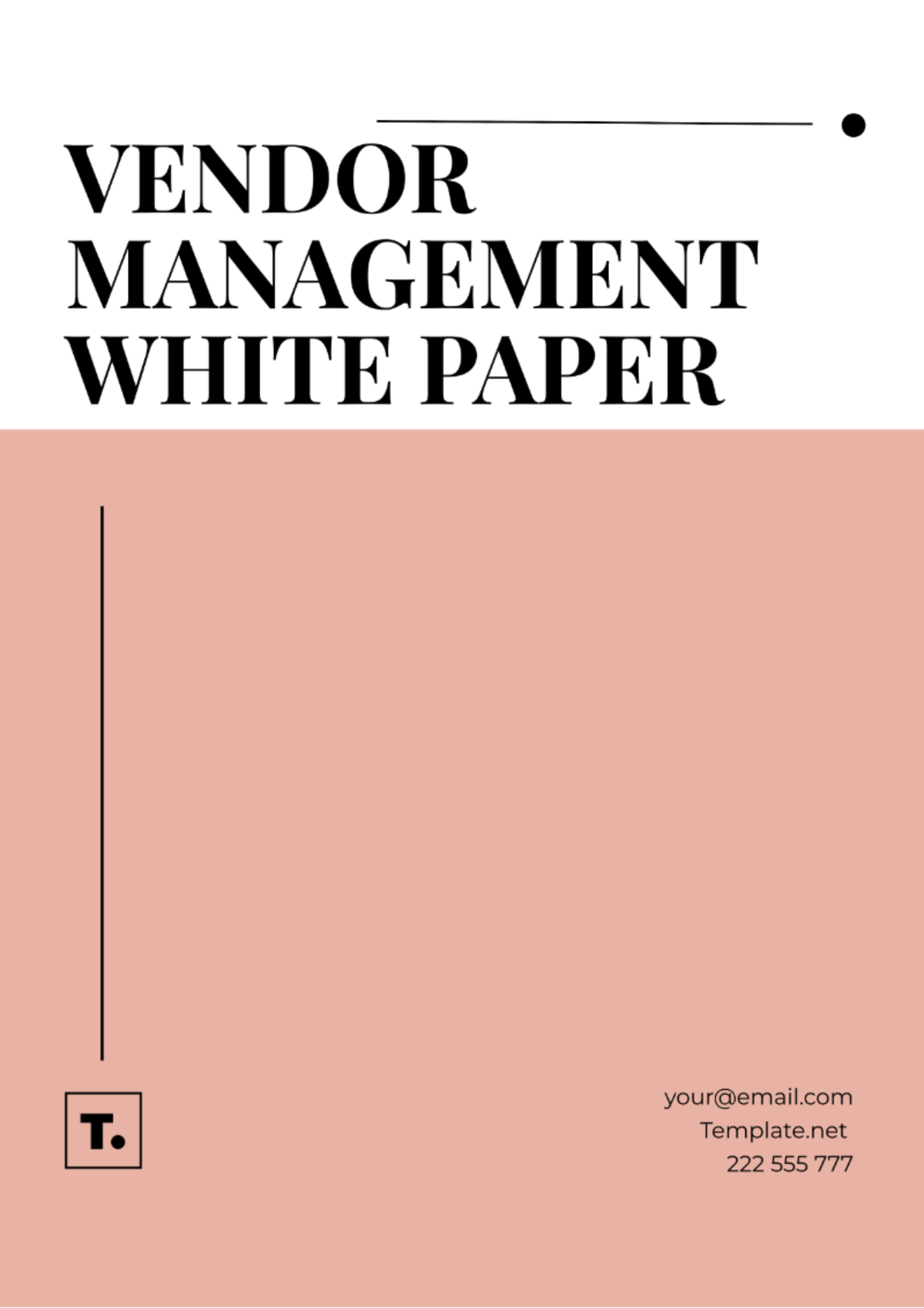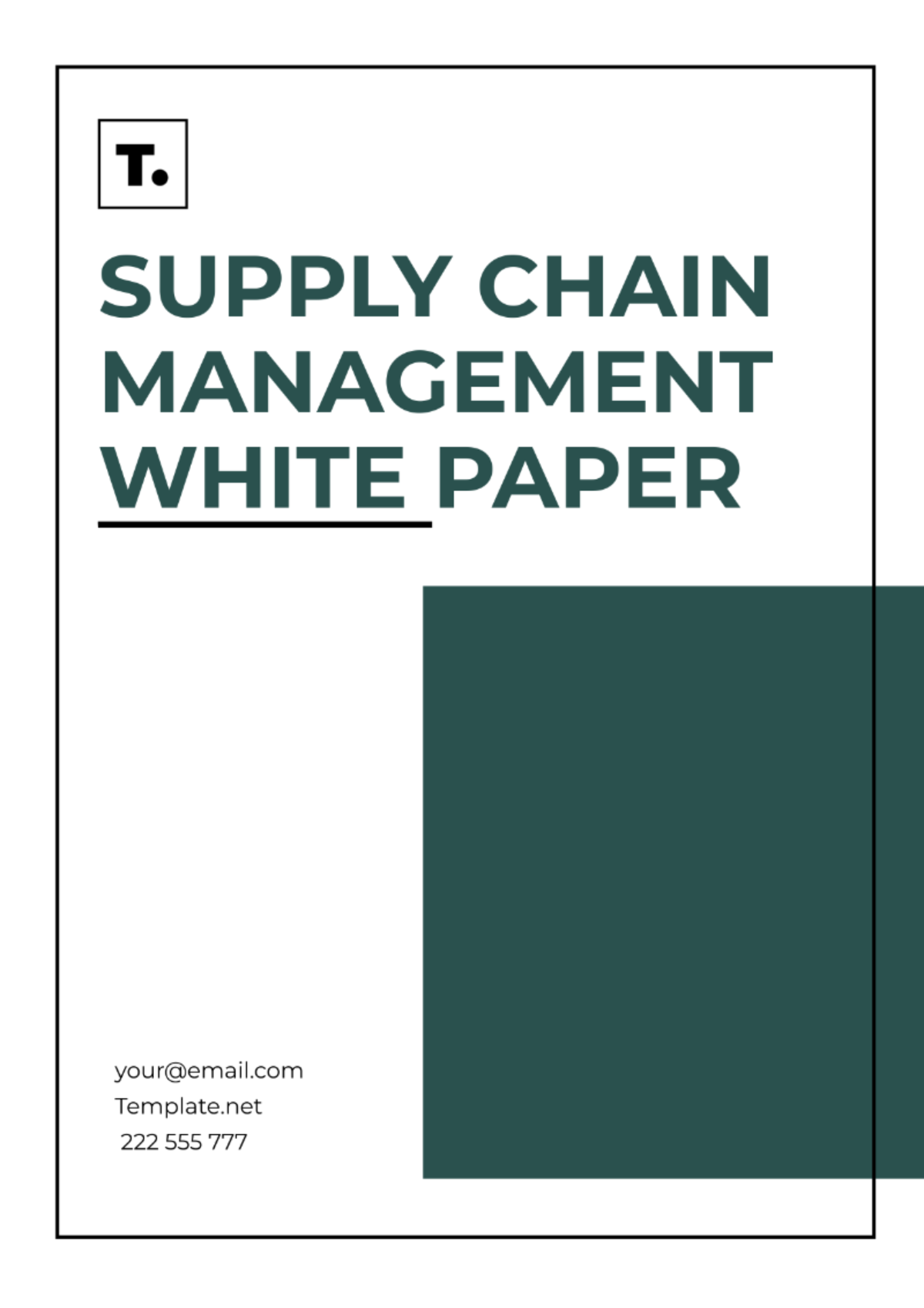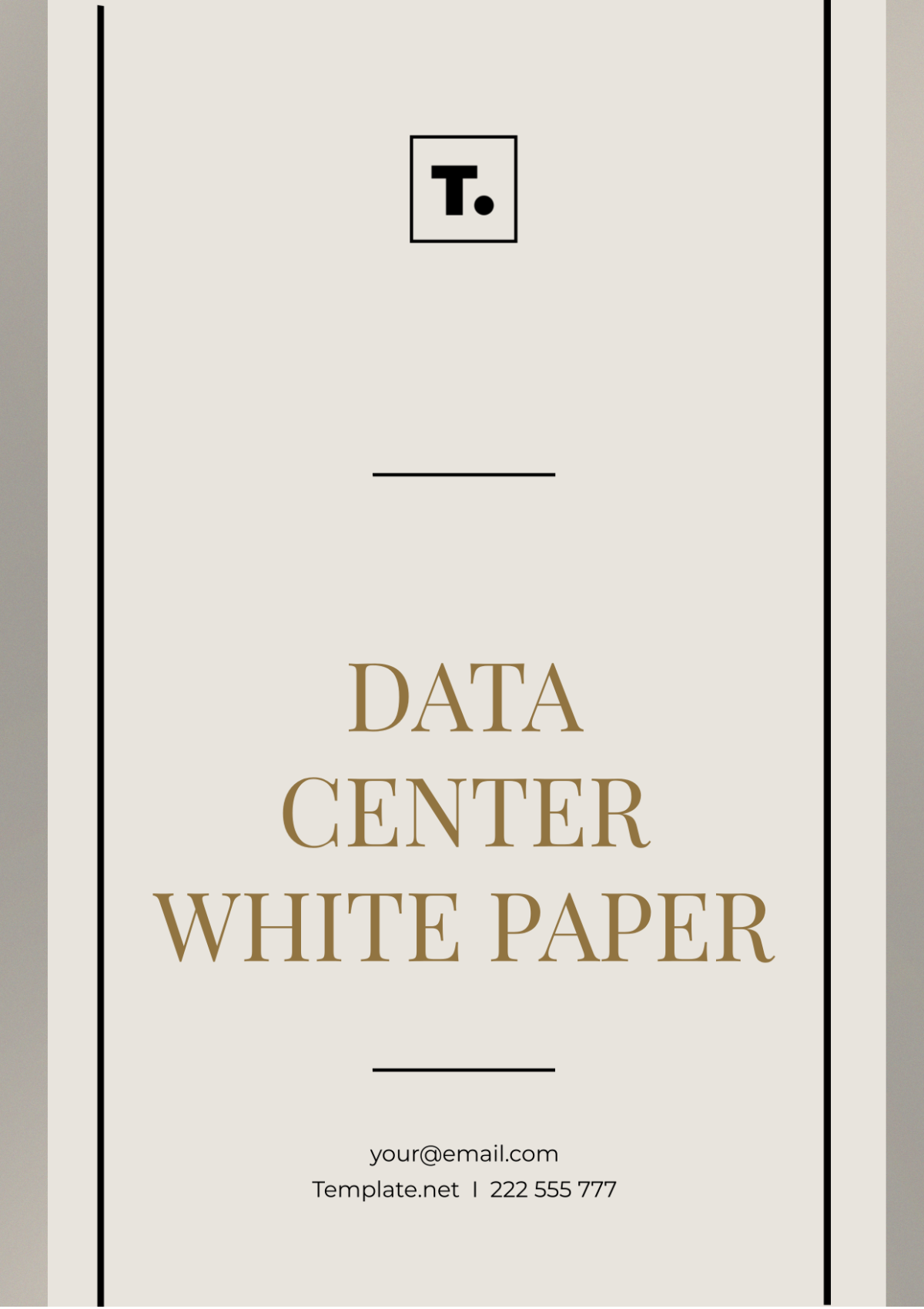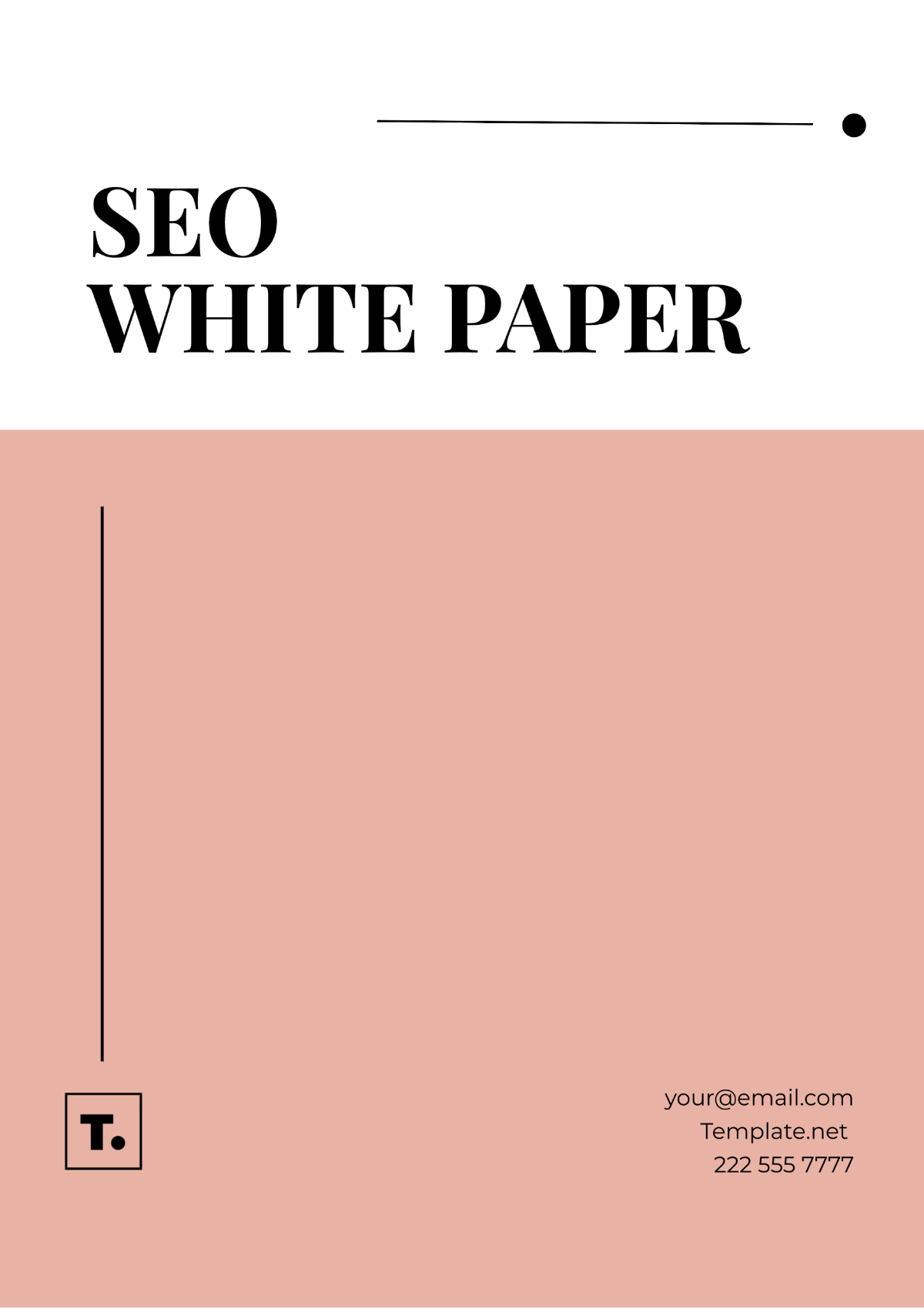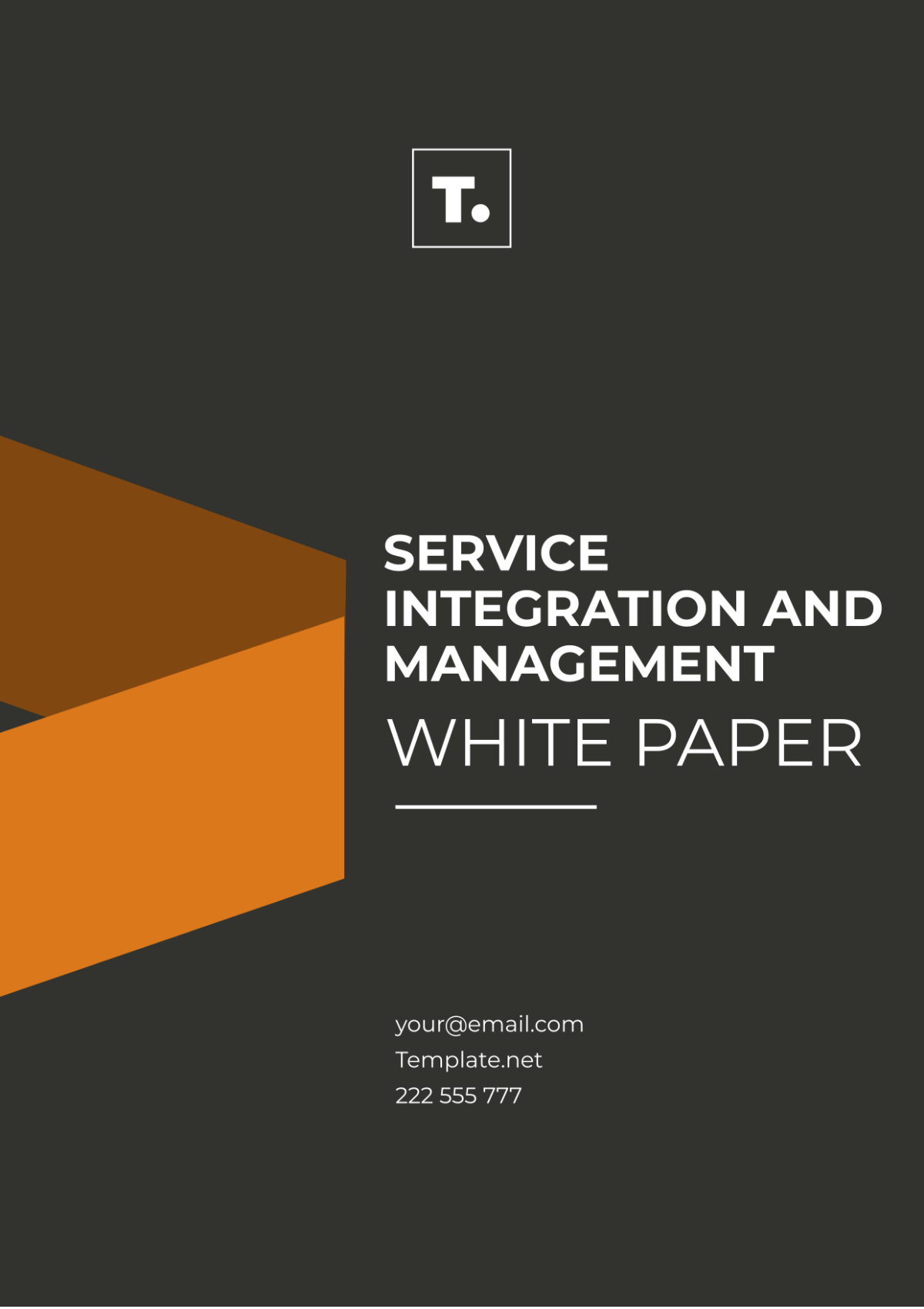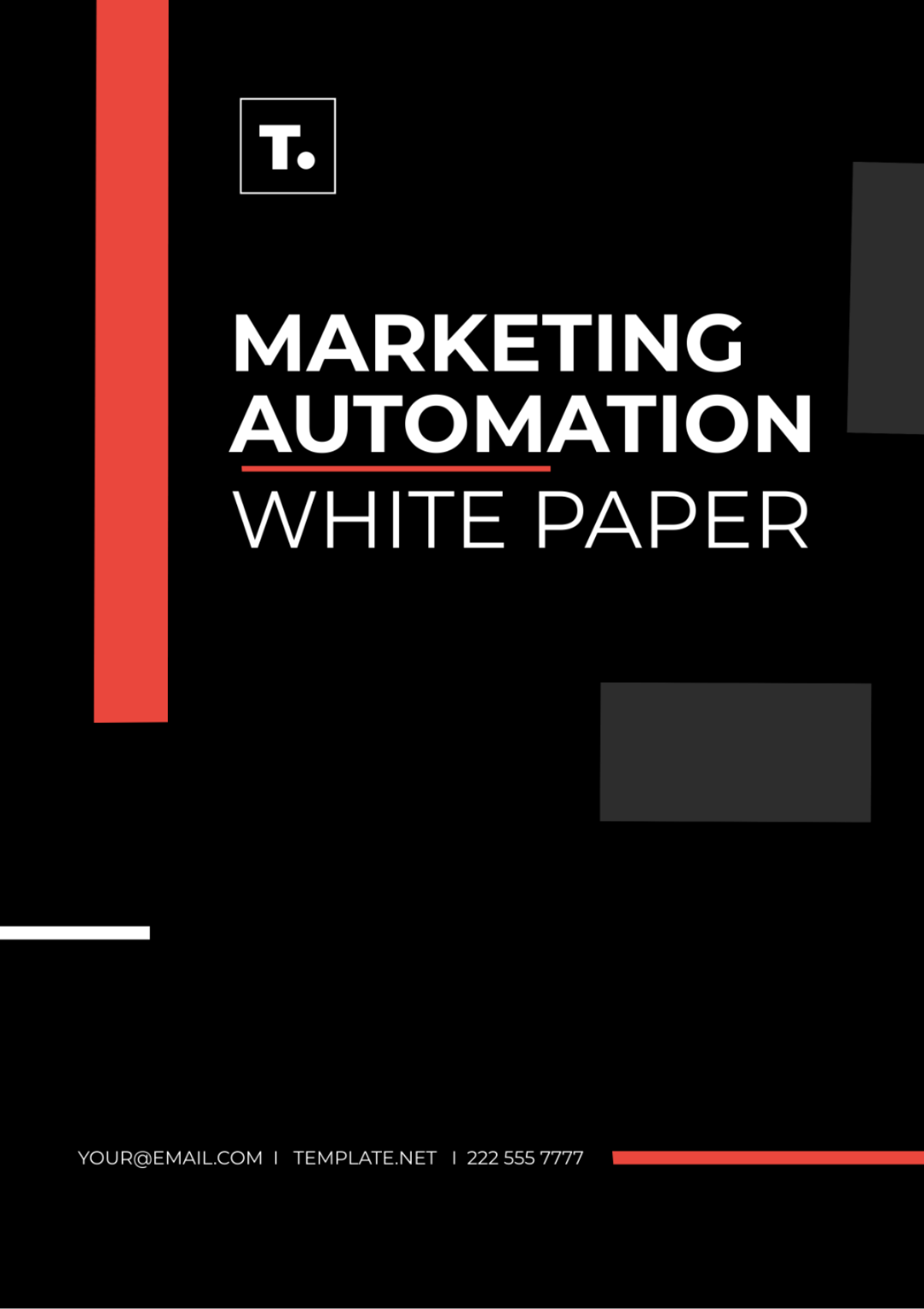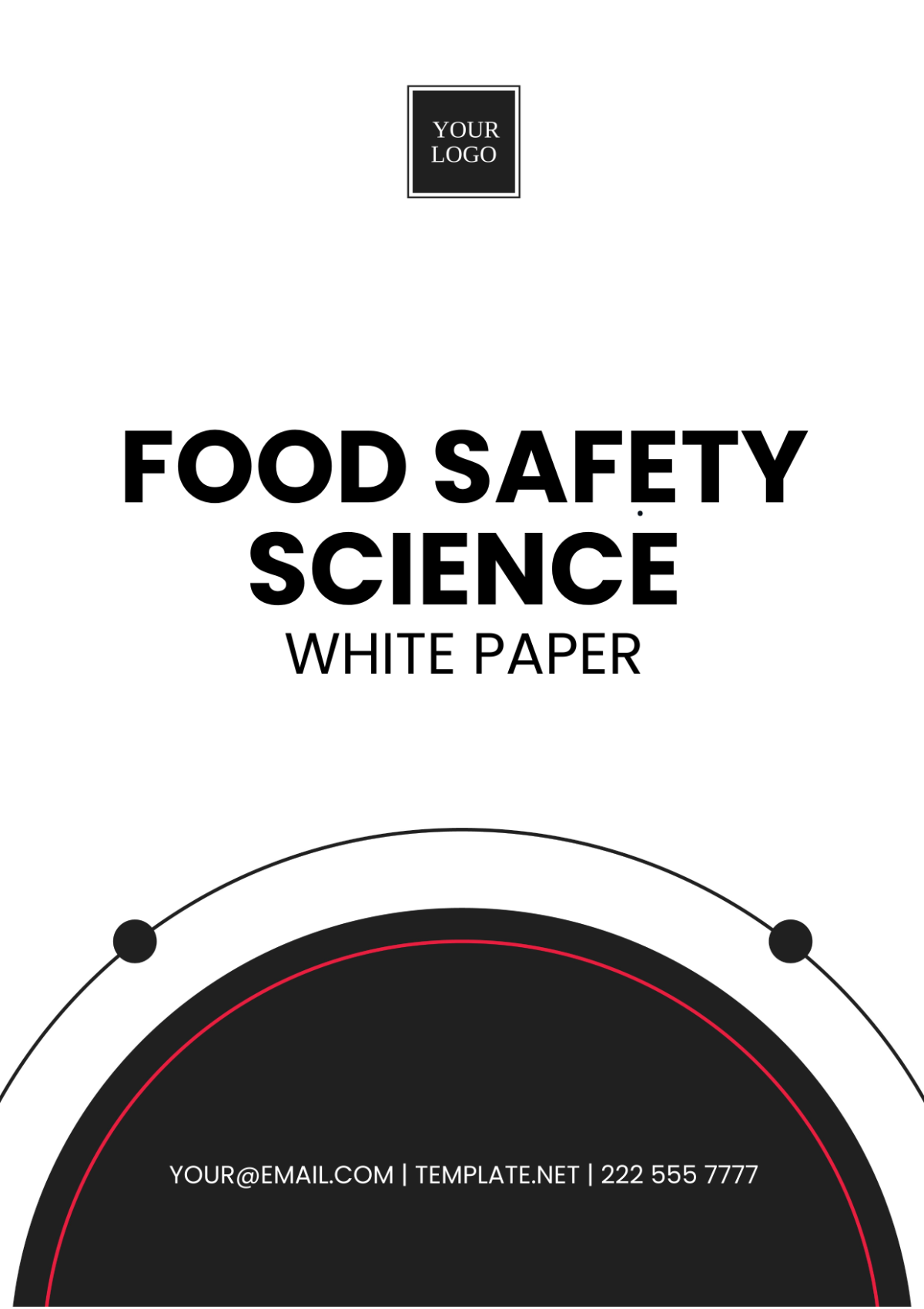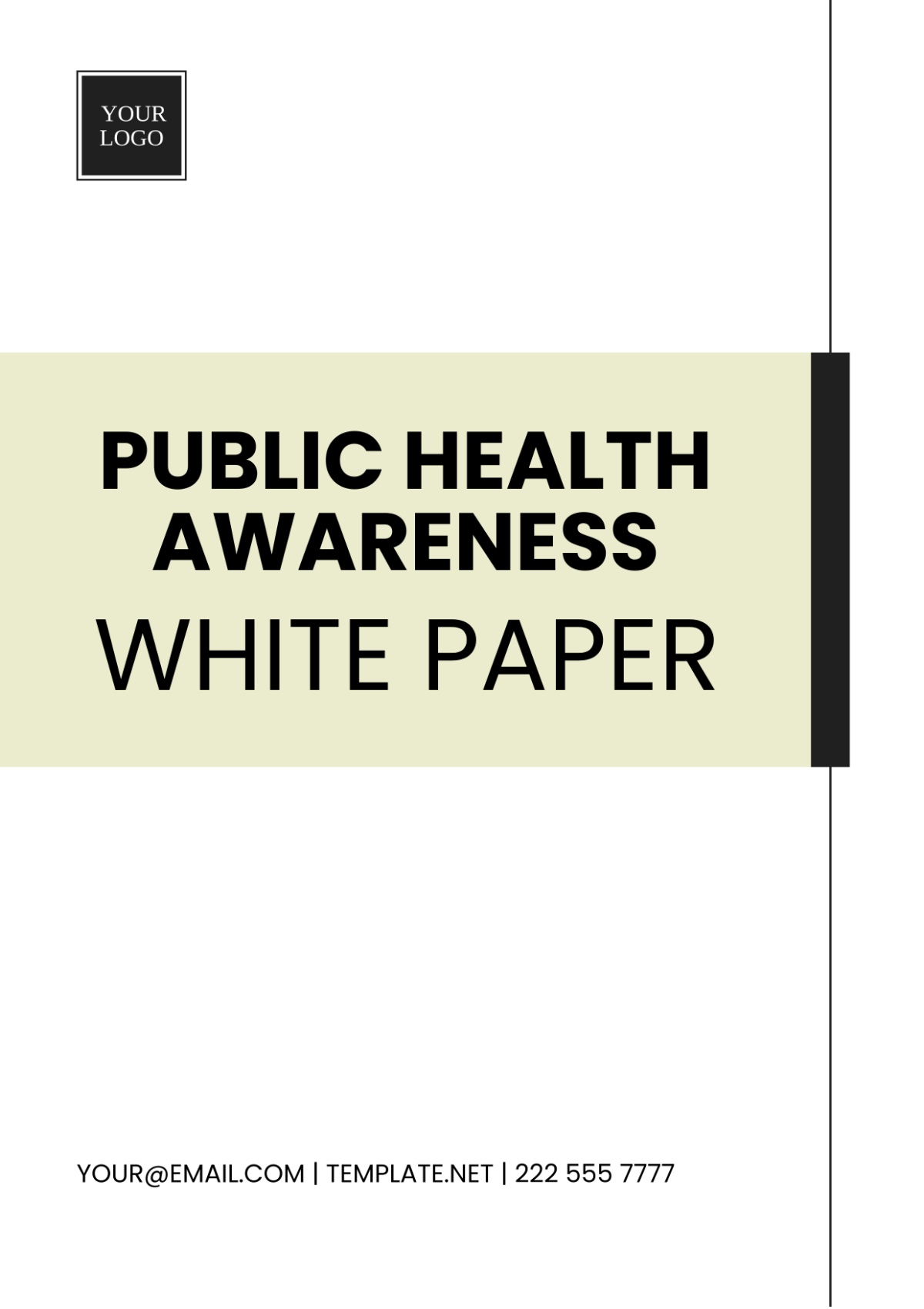Data Integrity White Paper
Maintaining Compliance with Data Integrity Regulations
Prepared by: [Your Name]
Prepared for: [Your Company Name]
Date: [DATE]
I. Introduction

This white paper aims to guide [Your Company Name] towards achieving and maintaining compliance with the regulatory requirements related to data integrity. This document provides a comprehensive overview of best practices, methodologies, and technologies that support data integrity within varied regulatory frameworks.
II. Understanding Data Integrity Regulations
Data integrity involves maintaining and assuring the accuracy and consistency of data over its lifecycle. This section outlines the key regulatory bodies and their requirements that impact [Your Industry Type].
FDA - Title 21 CFR Part 11
EU GDPR - Article 5
ISO 27001 - Clause 10
Data Integrity Importance
Data integrity ensures accuracy, consistency, and reliability throughout the data lifecycle. It safeguards against unauthorized access, corruption, or loss, crucial for informed decisions, customer trust, and risk mitigation.
III. Challenges and Risks
Organizations face numerous challenges and risks in maintaining data integrity, including but not limited to:
Data Governance: Establishing clear policies, procedures, and responsibilities for data management can be complex, especially in large enterprises with diverse data sources and stakeholders.
Technological Complexity: Managing data across heterogeneous systems and platforms while ensuring interoperability and security presents technical challenges.
Regulatory Compliance: Meeting the requirements of various data protection regulations such as GDPR, HIPAA, or PCI-DSS requires continuous vigilance and adaptation to evolving regulatory landscapes.
IV. Best Practices for Maintaining Data Integrity
Implementing best practices is crucial for ensuring compliance and protecting against data breaches and other threats:
Practice | Description | Benefits |
|---|---|---|
Regular Audits | Conducting scheduled audits to ensure policies are followed. | Identifies non-compliance and areas for improvement. |
Data Encryption | Encrypting data both at rest and in transit. | Secures data from unauthorized access. |
Access Controls | Limiting data access based on user roles. | Minimizes risk of data leaks or misuse. |
V. Developing a Data Integrity Compliance Program
A robust compliance program tailored to your organization's needs is essential. In this section, a structured approach to developing such a program is presented:
Evaluation of Current Practices
Identification of Regulatory Requirements
Gap Analysis
Program Design and Implementation
Training and Awareness
Continuous Improvement
VI. Case Study: Implementing Data Integrity Solutions
Analyze a real-world scenario where [Your Company Name] implemented successful strategies to enhance its data integrity. This case study will focus on the methods used, the challenges faced, and the outcomes achieved.
VII. Conclusion

In conclusion, maintaining data integrity is pivotal for regulatory compliance. This paper provided insights into the regulations, challenges, and best practices associated with managing data integrity. [Your Company Name]'s commitment to these principles will ensure ongoing compliance and security of sensitive data.
For further guidance or custom solutions, please reach out to our consultant: [Your Name] at [Your Company Number].
